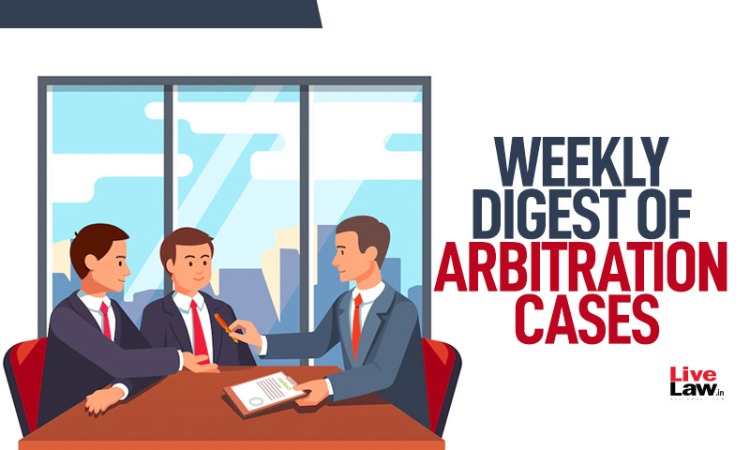Next Story
13 March 2023 4:00 PM IST
Bombay High Court: Arbitration Clause Can Be Invoked By Assignee Of Rights Under Contract: Bombay High Court Case Title: M/s. Siemens Factoring Pvt Ltd vs. Future Enterprises Pvt Ltd The Bombay High Court has ruled that an arbitration agreement is assignable, just as any other contract, and where the obligations and rights under an Agreement, containing an arbitration clause,...

